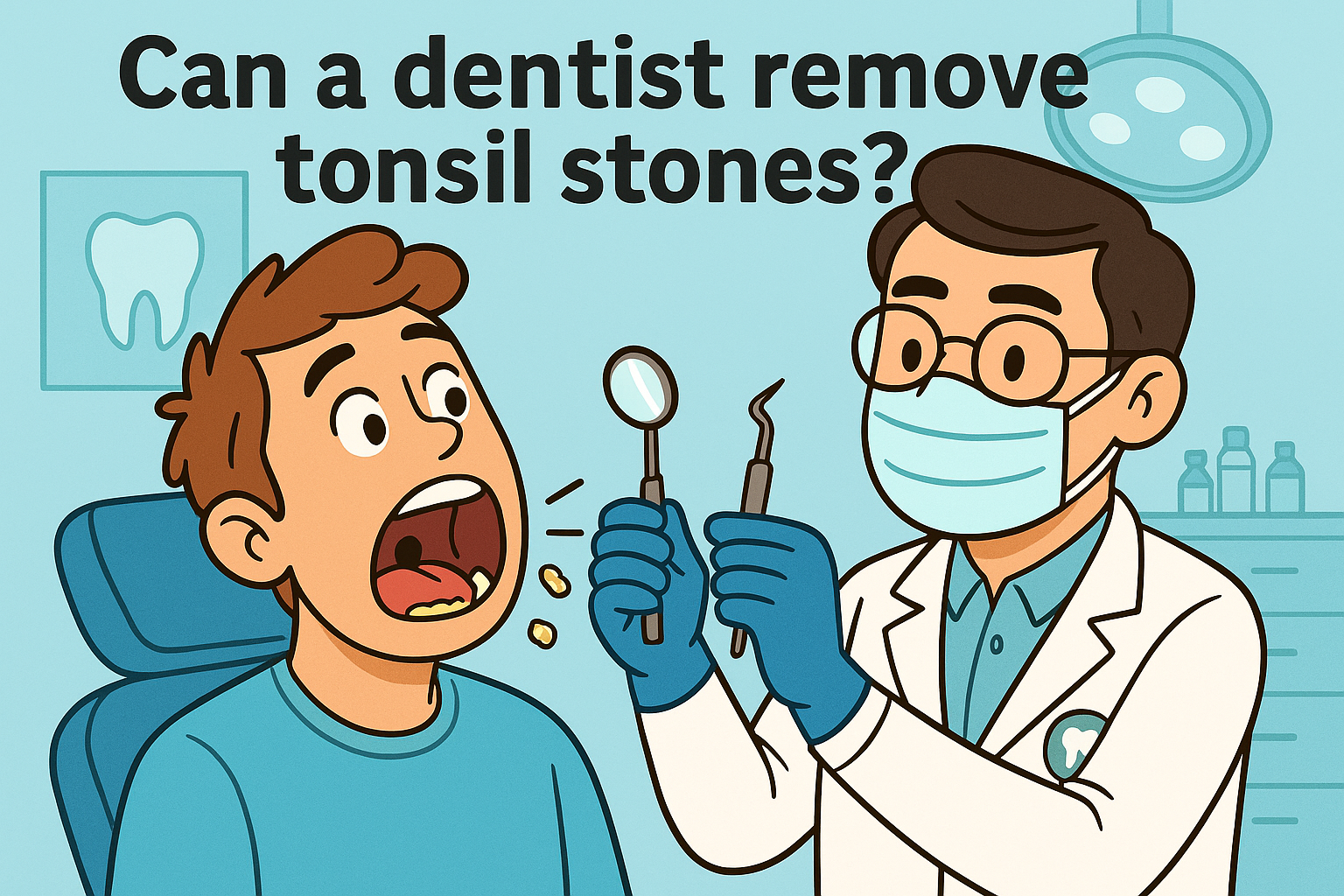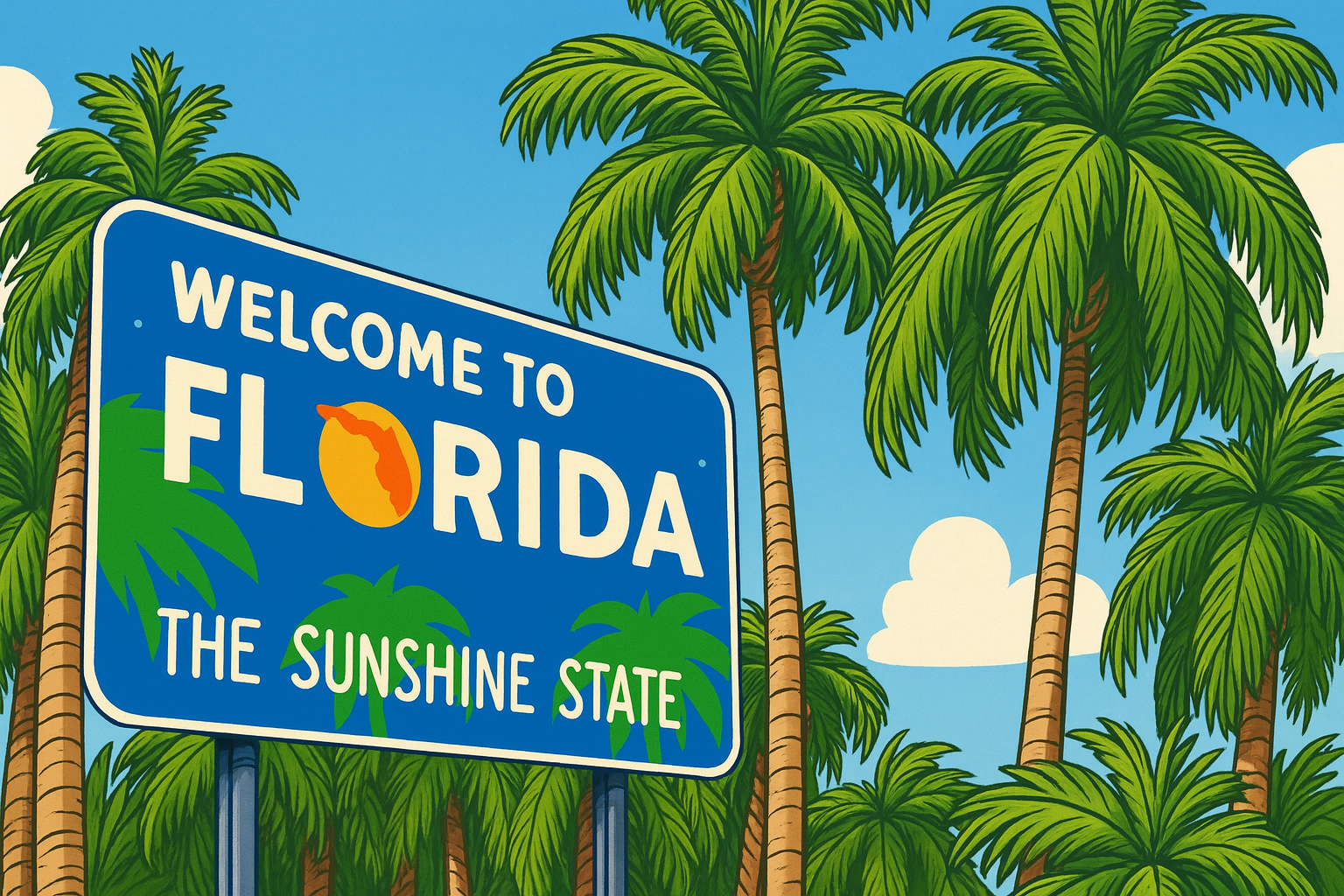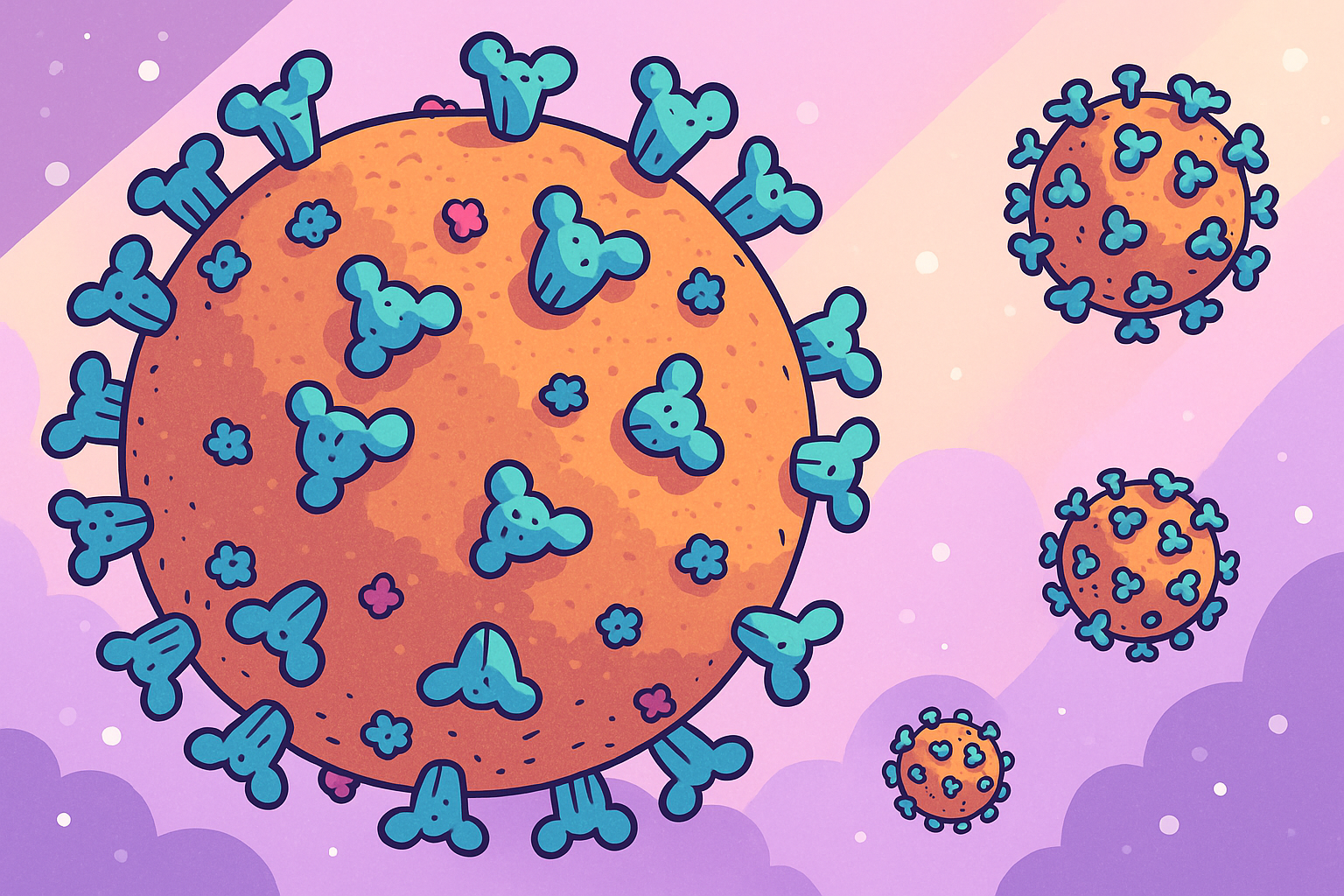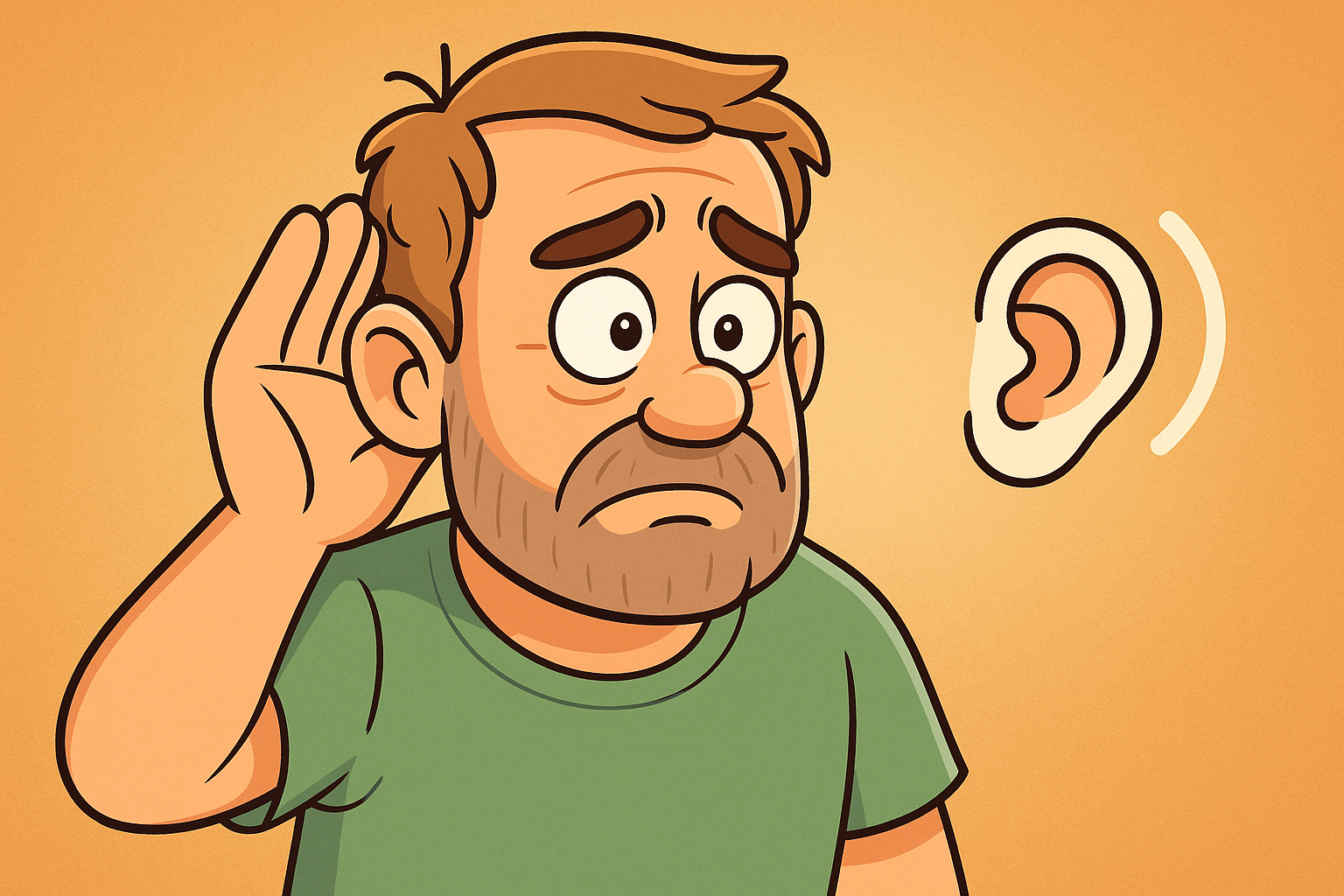Have you ever noticed a strange smell in your mouth, experienced frequent sore throats, or seen tiny white lumps at the back of your throat? If yes, you’re not alone. These could be signs of tonsil stones, and they’re more common than you might think.
While they might seem harmless, tonsil stones can cause discomfort and persistent bad breath. So naturally, the question comes up: Can a dentist remove tonsil stones? Let’s dive into everything you need to know.
What Are Tonsil Stones, and Why Do They Form?
Tonsil stones, or tonsilloliths, are small calcified formations that develop in the crevices of your tonsils. They form when debris like dead cells, mucus, food particles, and bacteria get trapped in these pockets.
Over time, this debris hardens and turns into a white or yellow stone. While some people may not feel them at all, others might experience:
- Chronic bad breath
- Sore throat
- Difficulty swallowing
- Ear pain
People with larger tonsils or frequent infections are more likely to get them.
Can a Dentist Remove Tonsil Stones?
Yes, a dentist can remove tonsil stones in certain cases. If the stones are small and visible, many general dentists have the tools and expertise to dislodge and remove them safely.
However, it depends on the severity and location. If the stones are deep within the tonsils or causing recurring infections, a dentist might refer you to an ENT (ear, nose, and throat) specialist. But for routine cases, a trip to your dentist may be enough to get relief.
How Do Dentists Remove Tonsil Stones?
Dentists typically use non-invasive and hygienic methods to remove visible tonsil stones. These can include:
- Oral irrigation tools: These flush out debris gently with water.
- Curettes or dental picks: Special instruments to dislodge and remove stones.
- Antiseptic rinses: To reduce bacterial buildup and discomfort.
The procedure is usually quick and involves minimal discomfort. Most people report immediate relief, especially from bad breath and throat irritation.
When Should You Visit a Dentist for Tonsil Stones?
You don’t always need to run to the dentist at the first sign of a tonsil stone. But there are certain situations where professional help is the better option:
- The stone is large or painful
- You have persistent bad breath despite good oral hygiene
- Tonsil stones keep coming back
- You notice signs of infection (swelling, fever, or pus)
If any of the above applies to you, it’s time to call your dentist.
What If the Dentist Can’t Help? Who Should You See Instead?
If your tonsil stones are deeply embedded, chronic, or come with serious complications, your dentist might recommend seeing an ENT specialist. These professionals have specialized tools and can assess whether a surgical procedure, like a tonsillectomy, is necessary.
In some cases, they may use imaging techniques to locate deeply embedded stones or perform minor outpatient procedures to remove them more effectively.
At-Home Remedies vs. Professional Removal
There are several DIY methods people use to remove or manage tonsil stones:
- Gargling with salt water
- Using a cotton swab or oral irrigator
- Non-alcoholic mouthwash
- Staying hydrated
While these can work for small, surface-level stones, they come with risks. You might push the stone deeper or cause bleeding. That’s why professional removal is safer when stones are persistent or painful.
| At-Home Methods | Professional Removal |
| Risk of injury | Safe and hygienic |
| Inconsistent results | Immediate relief |
| Can be messy | Quick and efficient |
Can You Prevent Tonsil Stones from Coming Back?
Absolutely. While some people are more prone to tonsil stones due to the structure of their tonsils, you can take steps to minimize their formation:
- Brush your teeth and tongue twice daily
- Floss to remove food particles
- Use alcohol-free mouthwash
- Gargle with salt water regularly
- Stay hydrated throughout the day
- Avoid dairy if you notice it triggers stones
Probiotics and a healthy diet may also reduce the bacterial load in your mouth, further helping prevent tonsil stones.
Are Tonsil Stones Dangerous or Harmful?
Tonsil stones are generally not dangerous, but they can cause significant discomfort. They may lead to:
- Foul-smelling breath (halitosis)
- Recurring sore throats
- Tonsil infections or inflammation
In rare cases, untreated stones can grow large and obstruct the throat, causing more serious complications. That’s why it’s important to address them, even if they seem minor at first.
Final Thoughts
Tonsil stones may be small, but they can have a big impact on your comfort and confidence. The good news is that yes, a dentist can remove tonsil stones—especially when they’re minor and accessible.
If you’re unsure about what you’re dealing with, a dental visit is a great first step. It’s always better to let a professional take a look than to suffer in silence or risk hurting yourself with DIY methods.
Your mouth will thank you for it!
FAQs
Can a regular dentist remove tonsil stones?
Yes, if the stones are visible and not too deep, a general dentist can safely remove them.
Is it painful to have tonsil stones removed by a dentist?
Most procedures involve mild discomfort at most. It’s often less painful than trying to remove them yourself.
Will tonsil stones go away on their own?
Small stones can dislodge naturally, but recurring or large stones often need intervention.
Can tonsil stones make you sick?
They can cause sore throats and minor infections. In some cases, they may contribute to chronic inflammation or more serious issues.
Is removing tonsil stones at home safe?
It can be for small stones, but there’s a risk of injury. Professional help is safer and more effective.









